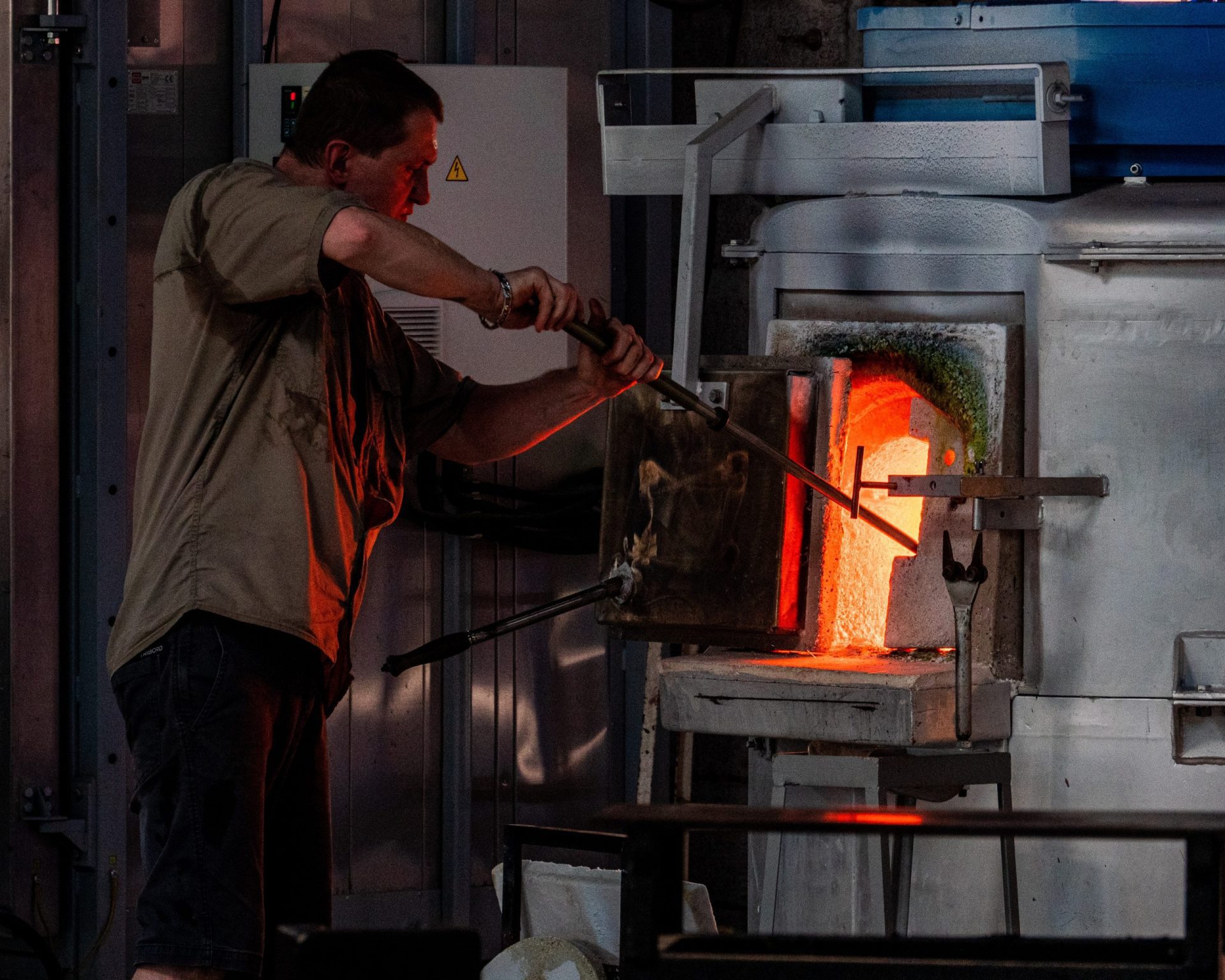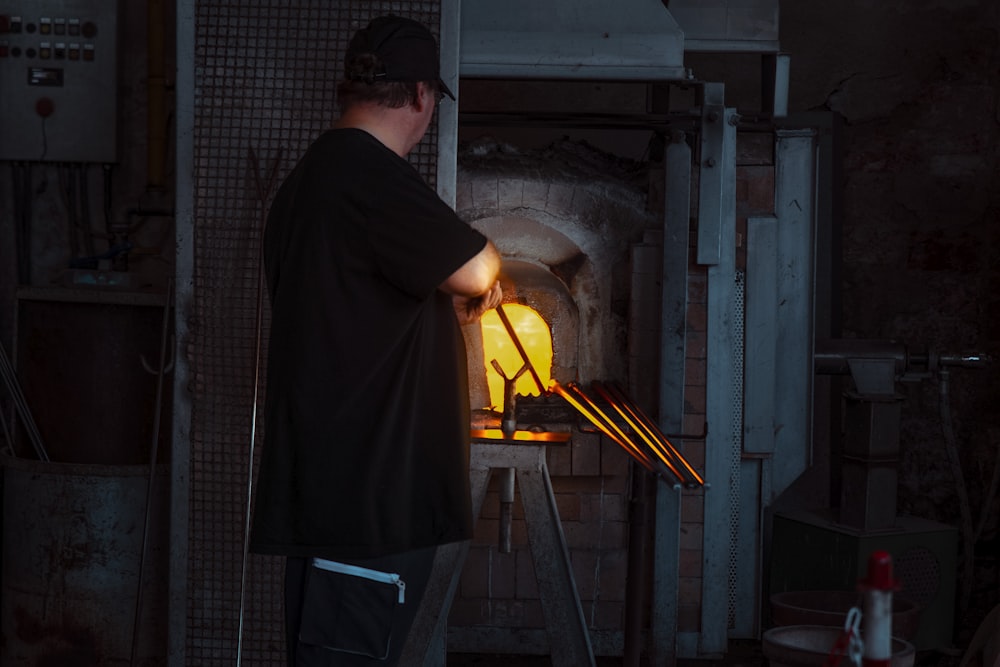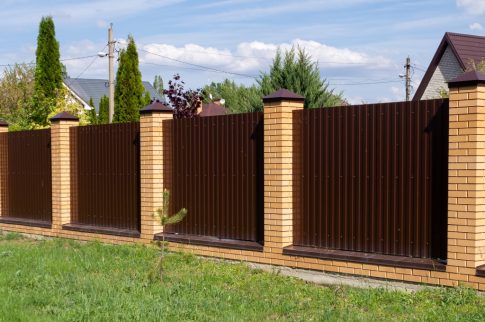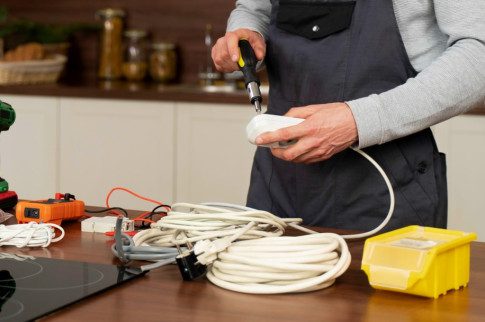Is It Worth Repairing A Furnace?

Table Of Contents
Repairing your furnace is an option, but it can be costly.
In some cases, the repair cost is more than the investment in a new system. So, it is essential to consider repair costs before replacing your system.
Cost Of Replacing A Furnace
The average cost of furnace repair near me can vary from one model to the next. Prices vary depending on the fuel source and ductwork.
In addition to purchasing a new furnace, homeowners should factor in the installation cost. An experienced contractor should be hired to install the new furnace properly.
If the installation is not done correctly, it can lead to dangerous malfunctions and increased energy costs.
A well-maintained furnace can last for fifteen to twenty-five years. It may require a few minor repairs, but it can generally operate efficiently for this length of time without serious problems.
Moving a furnace to another location can range from $2,000 to $8,000, depending on the type of furnace and the house’s structure. Ductwork must be moved carefully and can take time.
Gas Line Repair Cost
Gas line repair can be a relatively simple process. However, it may require a trained professional to fix the line properly. The cost of gas line repair can range from $150 to $800, depending on the type of repair required. However, repairing a damaged section of the line costs less than replacing it.
It is essential to hire a professional plumber to install the gas line in your home. Professionals have the experience and training to do a quality job and will be safe to work with. Also, it would be best if you were sure the professional you choose is licensed and insured.
An excellent place to start is with a highly-rated local company. Look for one that has been in business for several years and has all the appropriate insurance and certifications.
The cost of repairing a gas line depends on the type of leak and its location. A plumber typically charges between $100 and $700 for a simple leak. This is often a result of a loose pipe or a damaged connection.
If you hear a hissing sound coming from the line, turn off the gas and call a licensed plumber as soon as possible.
Heat Exchanger
A furnace’s heat exchanger absorbs heat from the combustion process of the heating fluid. This fluid is usually air. In perfect combustion, the temperature of the flame would be 70 deg.
In residential furnaces, the O2 level is around 6 percent. This is a good level and produces a flame temperature of 2,800 deg.
However, the furnace’s heat exchanger will absorb less than half of the energy in actual-world conditions.
The residence time for heat transfer is also an essential factor. The temperature of a gaseous fuel or oxidizer and the air and fuel preheat temperatures influence the actual flame temperature. A higher flame temperature means faster heat transfer.
HSI Or Electronic Lighter Is Faulty
If your HSI (hot surface igniter) or electronic lighter isn’t lighting up anymore, it may be time for a replacement. Hot surface ignitors are pretty complicated. When they go wrong, they can have numerous causes, including overheating and a damaged gas valve. Here’s how to determine if your igniter needs to be replaced.
The HSI (hot surface igniter) is the most common type of electronic lighter. It functions much like a light bulb filament: it heats up when electricity passes through it. In turn, this heat causes the gas to ignite.
Hot surface ignitors typically last five to 10 years, but some can last more than twenty years. Silicon nitride igniters are an excellent option for longer-term use as they tend to be less brittle and last longer.
Gas Line Leak
Gas line leaks can occur when natural gas lines are not installed correctly. As a result, natural gas can leak out and contaminate the air. Any home that uses natural gas is at risk of experiencing this problem.
A leak may be subtle, but it is essential to keep a close eye on the gas lines in your home. You should also be aware of the signs of a gas leak, such as a sulfuric smell. Again, getting professional help is essential if you notice these signs.
While gas leaks are relatively rare, they can still be dangerous. They can be caused by corrosion on a gas pipe or by unintentionally puncturing a gas pipe.
Also, the soil surrounding a gas line can shift slightly due to rain, which can cause a leak. If you suspect a gas leak, contact your heating company and the gas company immediately.
Read Also:


























